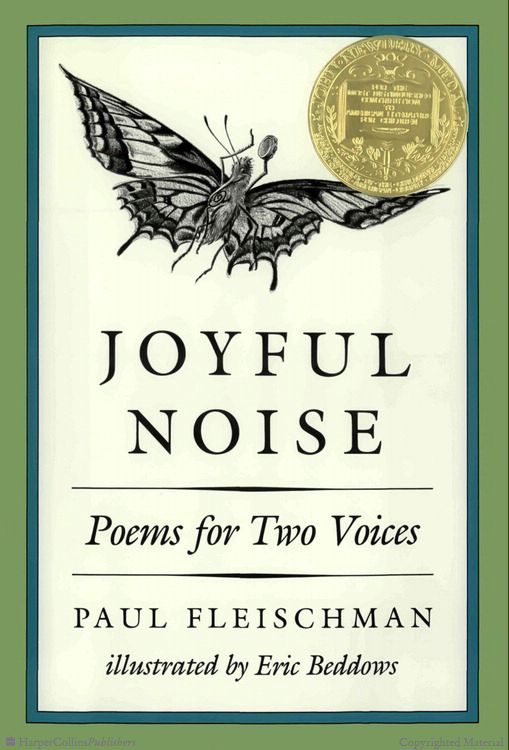A Common Question: Are You There, God? It’s Me, Margaret
Are You There, God? It’s Me, Margaret by Judy Blume. 1970.
A delightful coming of age story involving controversial topics such as bras, menstruation, and religion.
Margaret Ann Simon’s mother is Christian, her father a secular Jew. Her grandmother, quite an influence in her life, is a devout Jew and hopes to see Margaret become the same. So Margaret begins a quest. Which shall she be? Jew or Christian? She attends church, temple, confession, and all the while a lighthearted, upbeat tone is maintained, one devoid of weighty theology or mention of Christ. She ends up not finding God in any religion; only when she’s alone does she sense him.
The backdrop of her journey is her friendship with girls at her new school and her anticipation of her first period, which, as answer to prayer, comes in the final pages and renews her faith. This is an interesting and almost irreverent look at religion, attempting to remain neutral by being fairly shallow. No real deep preteen issues are discussed. Her faith quest seems natural, largely due to natural dialogue and a very real and sympathetic protagonist.












In honor of a very special day, I thought I'd revive this old post about a book I found, um, intriguing, with some interesting asides...